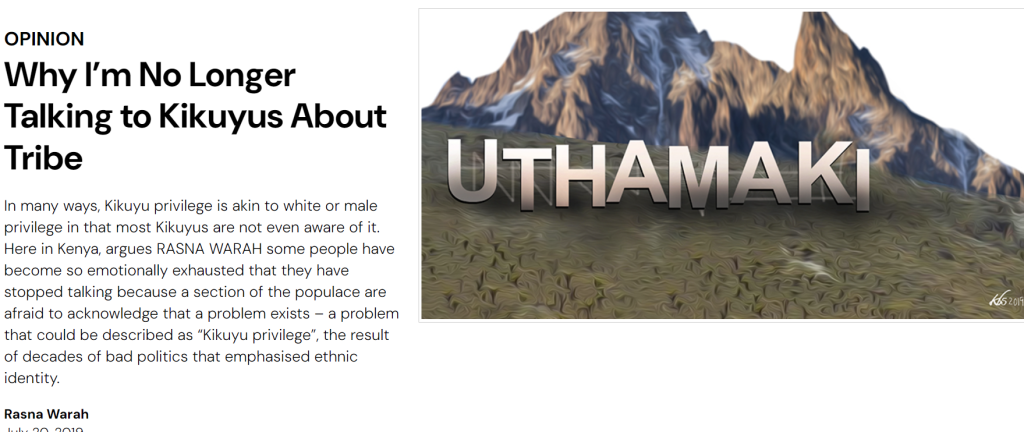When I arrived in Canada, I was neither black nor white; I was simply a man. Stepping out of Pearson Airport that cold winter night at 2 AM, ready to catch a taxi to the Bond Place Hotel in downtown Toronto, I carried with me the wisdom imparted by my elementary school teachers and classmates: “What one man can do, I can do too.”

The Conundrum of Knowledge
Unbeknownst to me at that time, I faced a perplexing conundrum consisting of four parts:
1. What I knew I didn’t know, and therefore sought answers for.
2. What Canadians knew that I did not know, and therefore educated me about.
3. What I did not know I didn’t know.
4. What Canadians did not know that I did not know.
From the last two categories, some of the things I had to learn included how to pump gas into a car, how to add air pressure to a tire with a slow puncture, which of the screaming headlines in the newspapers was worth my 50 cents, and where to navigate to on the radio dial.
Through a new immigrant settlement training program I attended, I learned that most job opportunities were advertised in the Toronto Star’s Saturday edition. A Kenyan friend also informed me that the Toronto Star was akin to the Daily Nation in Nairobi. So, for about 10 months, I spent part of my visa mandatory settlement funds on the Toronto Star, enjoying and being informed by its articles. However, it was not very useful as a source of jobs in technology.
Eerie Familiarity
Two things struck me while reading the Star. One was that whenever I read an article about Black people’s complaints about white people, it sounded eerily familiar. It occurred to me that if I changed just a few words in the Toronto Star articles, people in Nairobi would definitely find them true and identify with the context. The words I would change were: White for Kikuyu and racism for tribalism.
Learning About Canadian Society
As years went by, I learned more about Canadian society. One thing I found intriguing was the assertion that a Black person in Canada has to work several times as hard as a white person to achieve the same progress in school, work, and business. The question then is, how can you tell this unless you have lived both lives of a Black person and a white person?
It occurred to me that I might have done just that. Lived that double life! From birth to around 2010, when I joined the Misery Merchants in the realms of the Lords of Poverty, I was a white man, and from 2010 to date, a Black man.
Reflections and Realizations
Through these reflections, I came to appreciate just how profound and transformative my journey in Canada has been. Each challenge and experience has deepened my understanding and sparked a passion for growth. This journey has gifted me with unique insights and a profound appreciation for the incredible resilience and determination it takes to overcome obstacles.
Sharing My Journey
I will share my thoughts in two articles:
1. My Life as a White Man
2. My Life as a Black Man
Each article will delve into the nuances and complexities of living through these dual experiences, offering a perspective that bridges understanding and fosters empathy.
Conclusion
The journey of navigating life in a new country, armed with both the wisdom of my past and the knowledge gained from my experiences in Canada, has been both challenging and enlightening. By sharing my story, I hope to shed light on the broader issues of societal dynamics and the importance of empathy and understanding in creating a more inclusive world.
Sources
Kikuyu privilege is akin to white or male privilege in that most Kikuyus are not even aware of it: https://www.theelephant.info/opinion/2019/07/20/why-im-no-longer-talking-to-kikuyus-about-tribe/
Who Are the Kikuyu? And why do Kenya’s other tribes resent them so much? : https://slate.com/news-and-politics/2008/02/why-do-kenya-s-other-tribes-resent-the-kikuyu.html
Professionally qualified teachers were over-represented in the regions where the Kikuyu predominate: https://files.eric.ed.gov/fulltext/EJ903854.pdf
Accumulation of Kikuyu capital in the finance and agricultural sectors. https://library.fes.de/pdf-files/bueros/kenia/09859.pdf